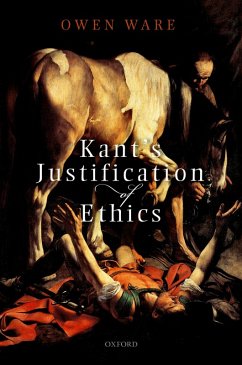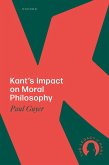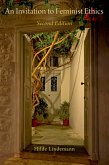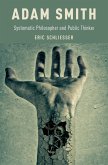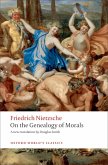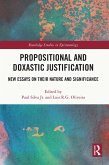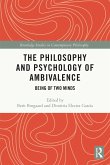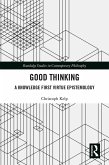Kant's arguments for the reality of human freedom and the normativity of the moral law continue to inspire work in contemporary moral philosophy. Many prominent ethicists invoke Kant, directly or indirectly, in their efforts to derive the authority of moral requirements from a more basic conception of action, agency, or rationality. But many commentators have detected a deep rift between the Groundwork for the Metaphysics of Morals and the Critique of Practical Reason, leaving Kant's project of justification exposed to conflicting assessments and interpretations. In this ground-breaking study of Kant, Owen Ware defends the controversial view that Kant's mature writings on ethics share a unified commitment to the moral law's primacy. Using both close analysis and historical contextualization, Owen Ware overturns a paradigmatic way of reading Kant's arguments for morality and freedom, situating them within Kant's critical methodology at large. The result is a novel understanding of Kant that challenges much of what goes under the banner of Kantian arguments for moral normativity today.
Dieser Download kann aus rechtlichen Gründen nur mit Rechnungsadresse in A, B, BG, CY, CZ, D, DK, EW, E, FIN, F, GR, HR, H, IRL, I, LT, L, LR, M, NL, PL, P, R, S, SLO, SK ausgeliefert werden.

